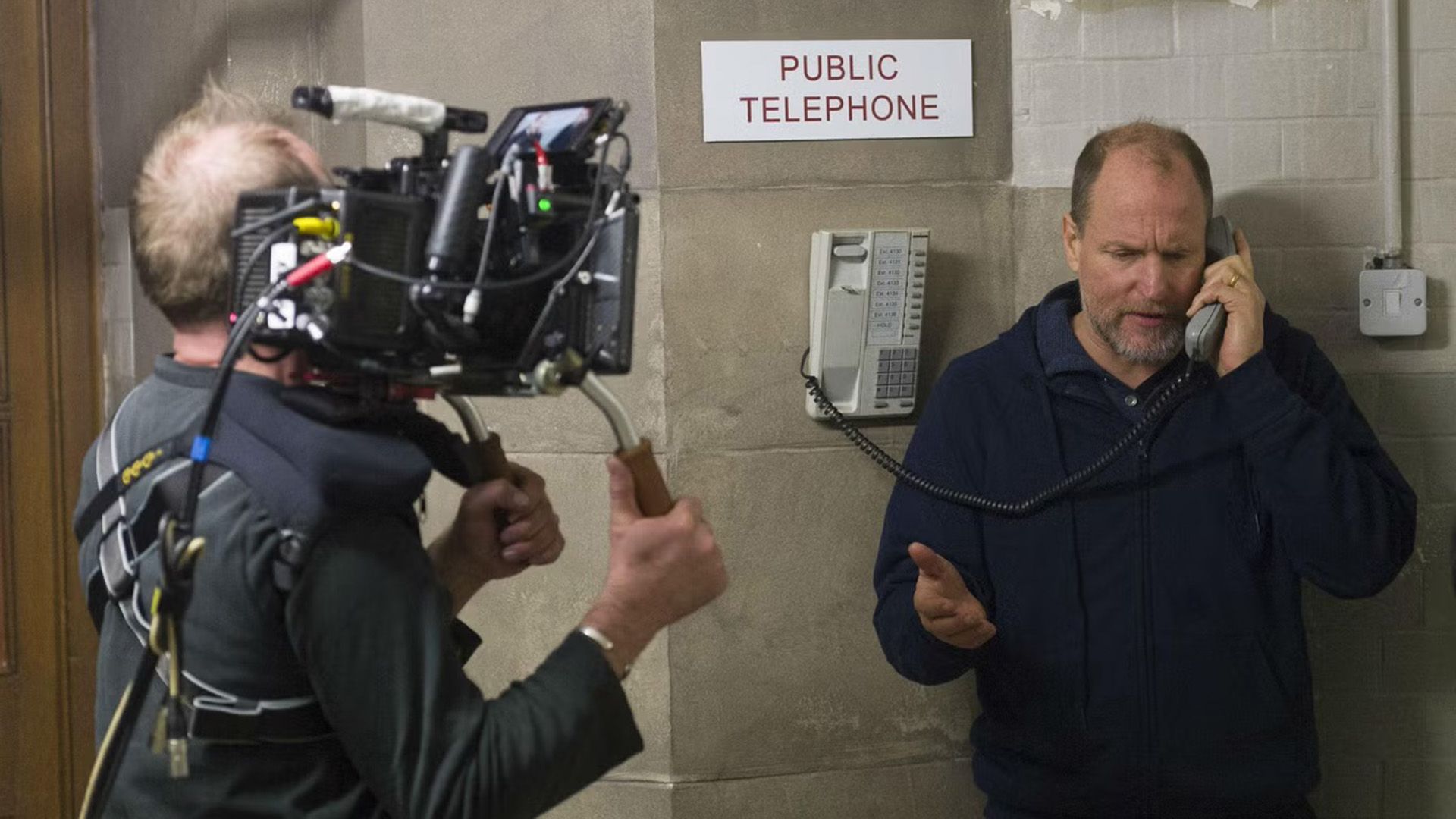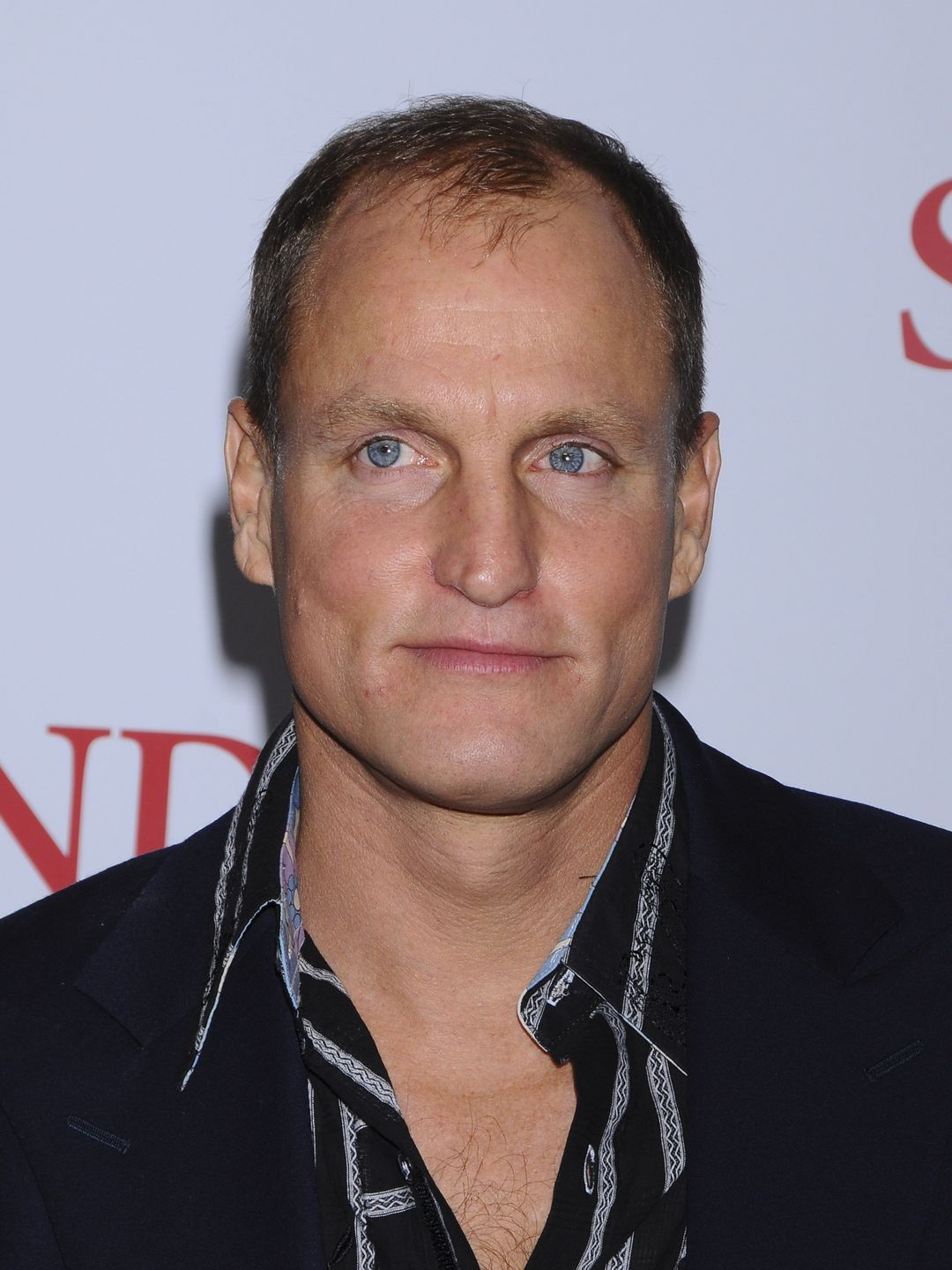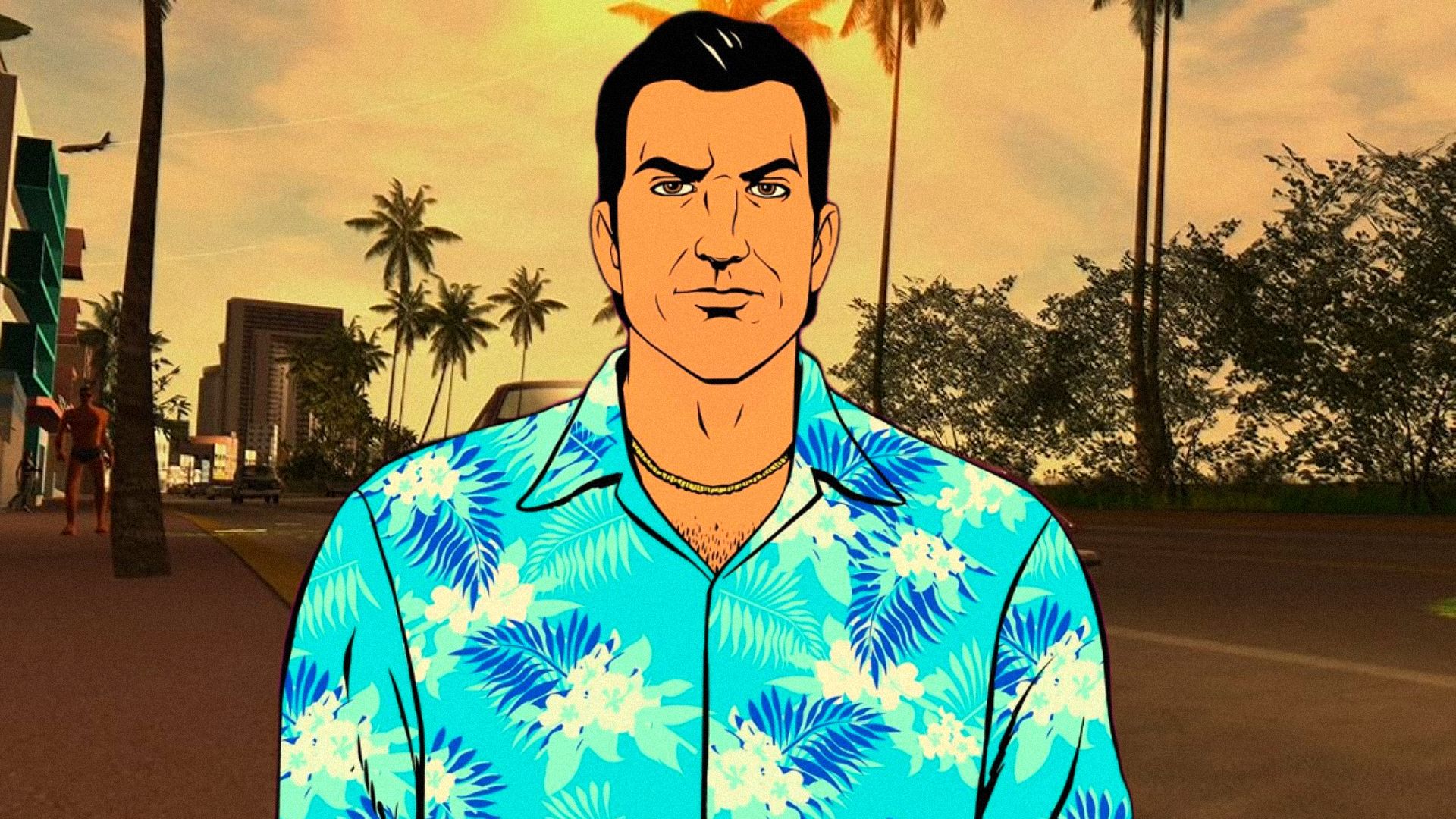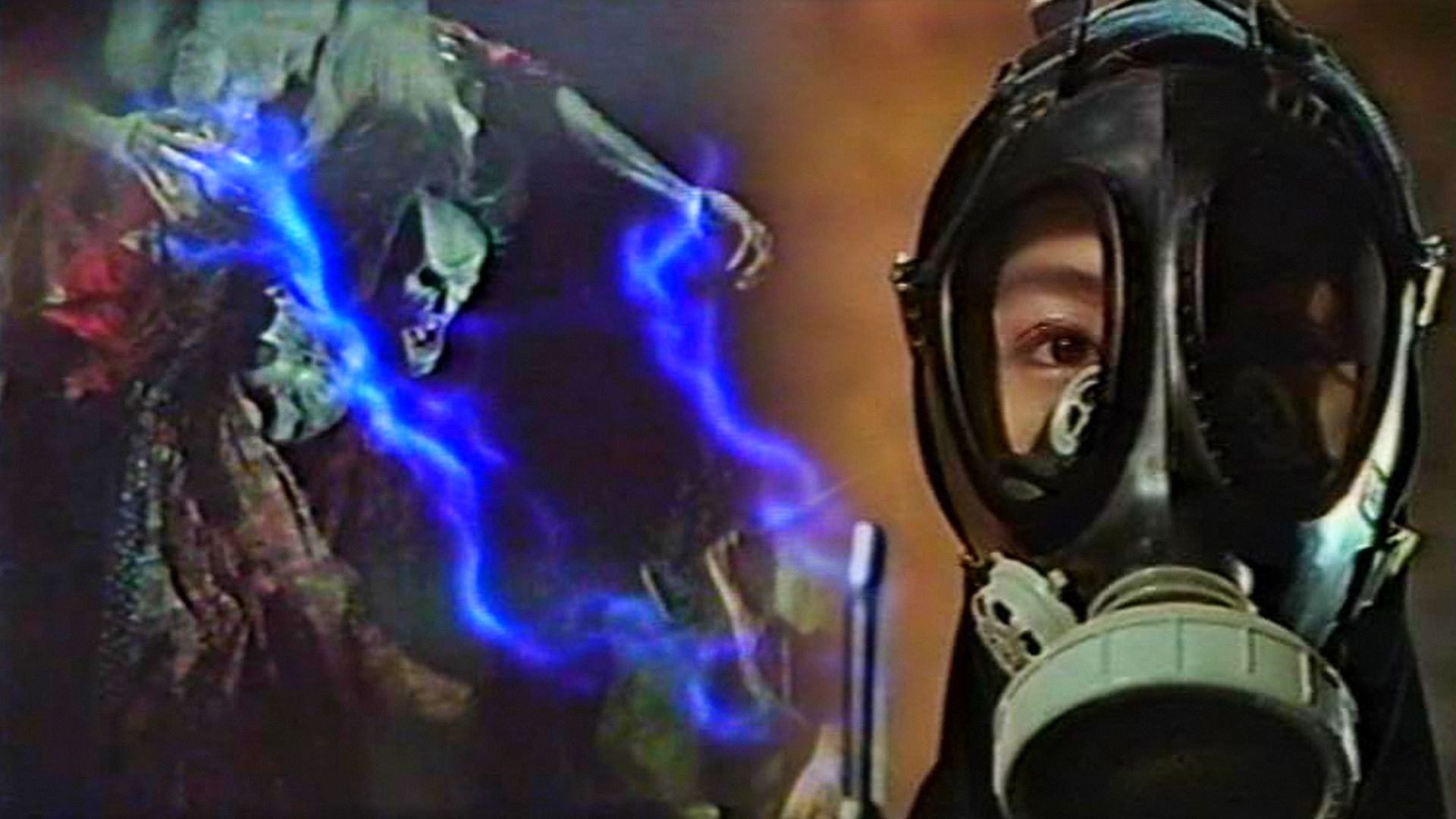A Plot Based on Real Shame
The irony is that Harrelson decided to turn his own fiasco into a film. In 2002, the actor found himself at the center of a scandal in London: a nightclub, a drunken brawl, a night in a cell — just like in a bad comedy. Woody didn't keep it under wraps; instead, he turned his mistakes into an unprecedented cinematic experiment.In the film, he plays himself — a famous actor getting into trouble during a visit to London. He has problems with his wife, the press, the law... and it seems, with himself. Everything that could go wrong, does go wrong.
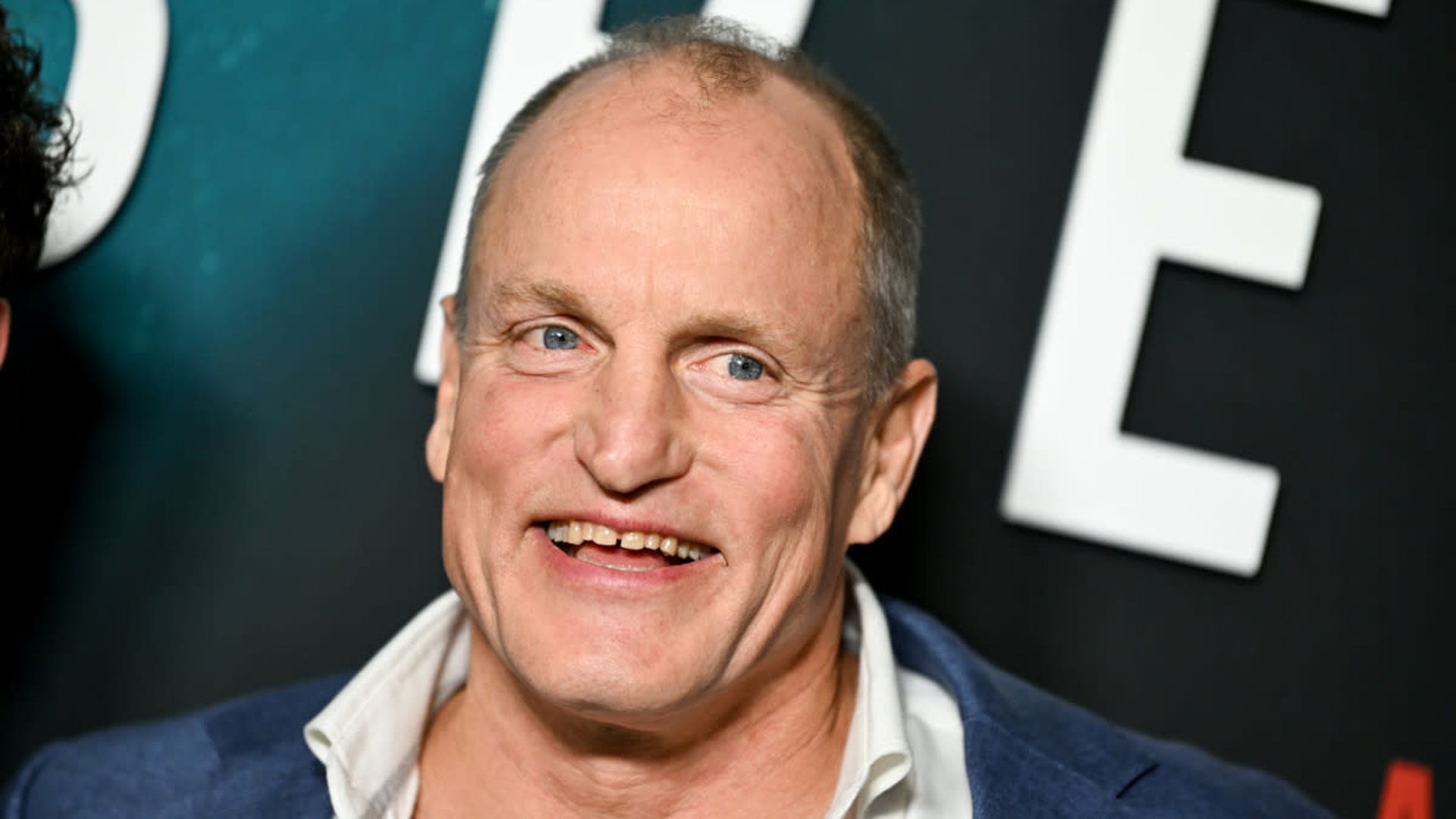
One Take. 14 Locations. Zero Room for Error
The filming of "Lost in London" lasted 1 hour and 40 minutes. The camera never stopped for a second, following Woody closely: through streets, taxis, dark alleys, and police stations. 14 locations throughout London, over a hundred extras — all shot in real-time.Films mimicking one-take shooting are no longer a rarity. The same "1917" by Sam Mendes masterfully hides the editing cuts (by the way, did you know this?). But "Lost in London" went further: it was truly shot without a single stop.
Moreover, audiences in U.S. theaters watched the events live. Harrelson had no room for error — just one evening and a single attempt.
It was just mind-boggling — the logistics were complicated, says Harrelson. And indeed: one technical glitch — and the whole venture would have fallen apart before our eyes. It's even more surprising that Woody chose such a bold experiment for his directorial debut.
Why Watch This?
At first glance, it's just an intimate story about drunken adventures and night parties. But with each scene, it becomes clear: this is not just a situational comedy, but an honest, ironic, and touching attempt to understand oneself. Harrelson doesn't make excuses—he laughs at himself, and that disarms.Plus, there's an amazing cast. The film features Owen Wilson, Daniel Radcliffe, and others—all playing themselves with a fair amount of absurdity.
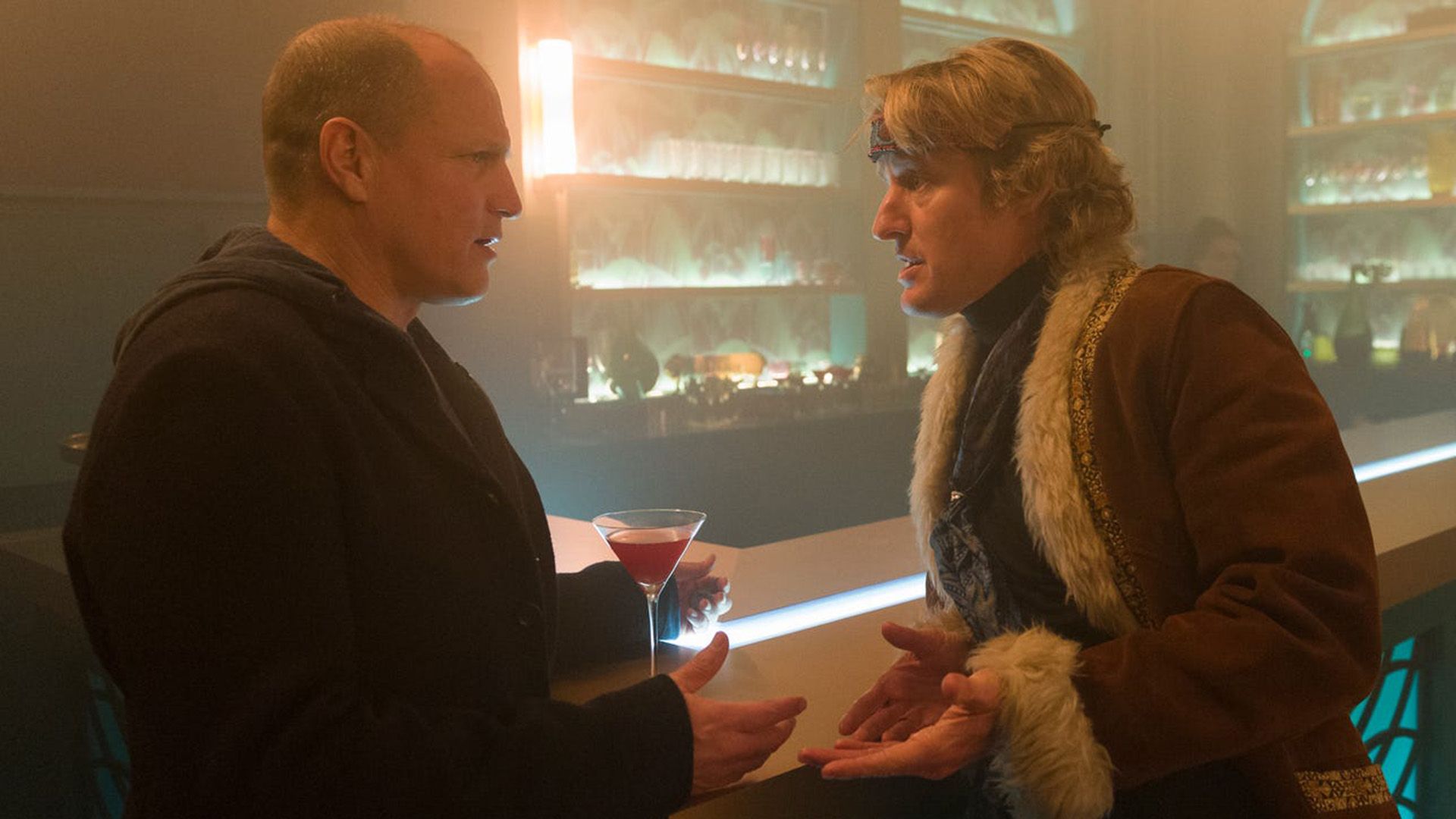
How Did Audiences and Critics React?
The film received a score of 6.1 on IMDb and a 75% "freshness" rating on Rotten Tomatoes. Critics noted the rare format, Harrelson's lively performance, and directorial boldness. "It's a unique project that combines technical wizardry with self-irony and satire," said Ryan Gilbey of The Guardian.Screen Daily praised the cinematography and called the film "a revelation." Audiences who managed to see the live broadcast described the evening as "one of the strangest and most captivating cinema experiences."
Why Haven't You Heard About It?
The film was released in limited numbers, didn't receive a wide release, and soon got lost among new releases on streaming platforms. It simply didn't have the chance to capture the audience's attention.